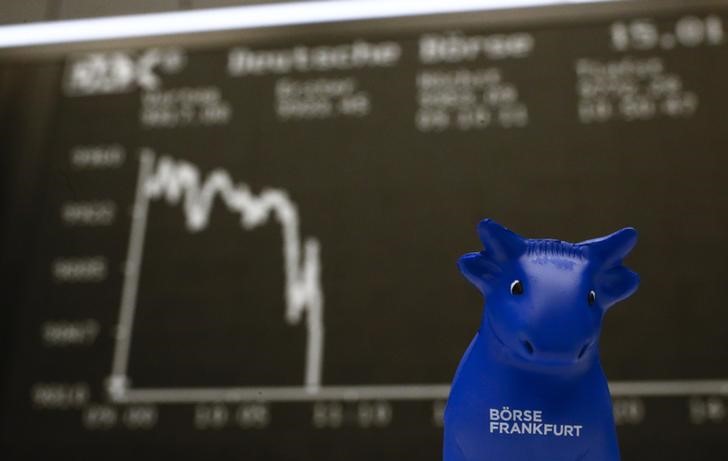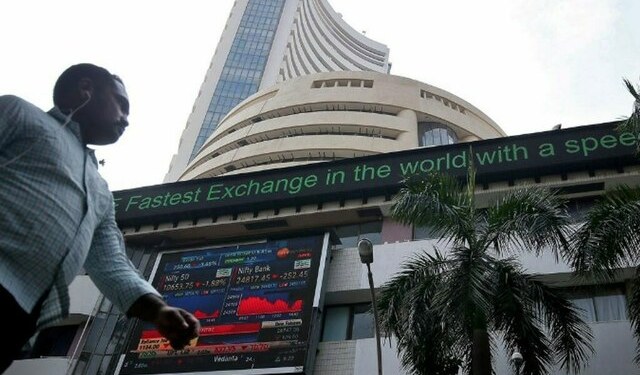
© Reuters.
By Peter Nurse
Investing.com – European stock markets traded sharply lower Monday, continuing last week’s selloff, as the threat of war in Ukraine added to concerns surrounding high inflation and the prospect of U.S. Federal Reserve interest rate hikes.
By 3:45 AM ET (0845 GMT), the DAX in Germany traded 3.1% lower, the CAC 40 in France dropped 3.1% and the U.K.’s FTSE 100 fell 1.9%.
Escalating tensions on the Ukraine border as Russian troops swell in number are causing investors to fret, especially after U.S. National Security Advisor Jake Sullivan said on CNN on Sunday that there’s “a distinct possibility that there will be major military action very soon.” The U.S. and several other western countries have advised their nationals to leave Ukraine.
Western leaders have threatened severe sanctions against Russia in the event of an invasion, even as German Chancellor Olaf Scholz continues the diplomatic onslaught by visiting Ukraine later in the day, followed by a trip to Moscow the day after.
Such sanctions would likely have a severe impact on the likes of EVRAZ plc (LON:EVRE), as the Russian steel group’s London listing is an obvious potential target for any financial sanctions that the West may impose in retaliation for a Russian invasion. Evraz stock fell over 30%. That said, all the major sub-sectors were in the red.
Elsewhere, Clariant (SIX:CLN) stock fell over 14% after the Swiss chemicals group delayed the release of its 2021 results due to an investigation into accounting issues, while commodities giant Glencore (LON:GLEN) fell 1.8% amid news of fresh pressure on it from outside investors to spin off its coal business.
Commerzbank (DE:CBKG) stock fell 6.5% after Germany’s Finance Minister said the government would not keep its stake in the lender in the long run. Despite its rally so far this year, the stock is still well short of what Angela Merkel’s government paid for it over a decade ago.
Global markets sold off last week on fears that surging U.S. inflation will prompt the Federal Reserve to tighten monetary policy aggressively, starting with a 50 basis point hike in March. These concerns were compounded by a slump in the Michigan Consumer Sentiment index.
Oil prices fell back from the highest levels in more than seven years. Many fear that an invasion of Ukraine would lead to sanctions on Russia’s financial system, making it impossible for western companies to pay for Russian crude exports and forcing them to chase supplies elsewhere on the global market.
Russia is one of the world’s top crude producers, and such a disruption to global supply would occur just as the Organization of the Petroleum Exporting Countries and its allies, including Russia, struggles to ramp up output to cope with recovering demand.
By 3:45 AM ET, U.S. crude futures traded 0.1% lower at $93.03 a barrel, falling back after hitting its highest since September 2014, while the Brent contract fell 0.2% to $94.21, after earlier hitting its highest since October 2014.
Additionally, gold futures rose 0.9% to $1,858.00/oz, while EUR/USD traded 0.4% lower at 1.1309.
Source: Investing.com



























